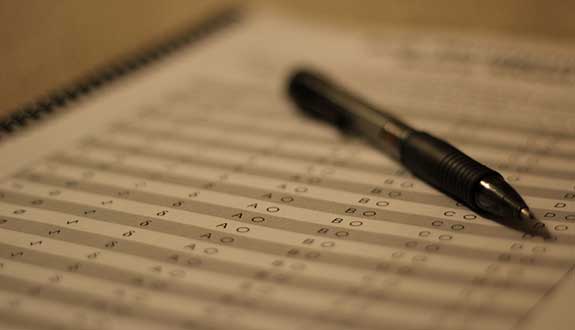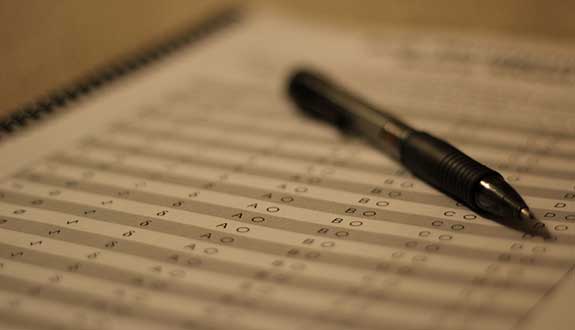
Which LSAT is the hardest? I get this question, as well as its cousin — which LSAT is the easiest? — pretty frequently. The short answer to both of these questions is:
There’s no such thing.
Womp womp.
Did you click on this post hoping to figure out how to game the system? The very unfortunate reality is that there’s no substitute for hard work, long nights, tears of frustration (and sometimes joy!), and gnashing of teeth when it comes to taking the LSAT. And think about it, if there were a hard LSAT, nobody would take that one. If there were an easy LSAT everyone would take that one.
The Law School Admission Council (LSAC) — the group of psychometricians (emphasis on “psycho”) who make the LSAT — goes to great lengths to make sure that an LSAT score means the same thing regardless of which test you take. One way they do this is by administering experimental sections. By gauging how test takers do in the heat of battle, they can craft and tweak questions to be of a particular difficulty in a pretty targeted manner.
But wait, you say, the test is curved! So, even if the difficulty of questions doesn’t change, you just have to figure out which of the four administrations each year has the highest concentration of dummies, and take that one! It is this reasoning that leads most students to this particular set of answers to the questions asked at the top of this post:
The hardest exam is October because lots of people study over the summer and get good and ready, and so competition is fierce. The February exam is the easiest because it’s full of people who aren’t really serious about law school and people who tanked the October and December exams.
WRONG!
It may be that there are relevant differences between the testing populations, but the makers of the LSAT do a super curve — sometimes called normalization or equalization — where they compare your performance not just to those who take the same exam as you, but to all the test takers in all the different exams over the past three years.
The whole point of the LSAT is to provide law schools an objective yardstick by which they can measure different applicants. Two students might have the same GPA but come from radically different schools and have majored in radically different subjects. Is John’s 3.9 and BS in Mechanical Engineering from University of Tuscaloosa better or worse than Jane’s 3.9 and BA in Communications from NYU? I dunno. Neither do the admissions committees at various schools. But Jane’s 170 on the February LSAT is better than John’s 160 in October. LSAT scores correlate better with first year law school grades than does GPA. At the end of the day, making the LSAT is a business. If it was easy to game the LSAT, there wouldn’t be any LSAT.




